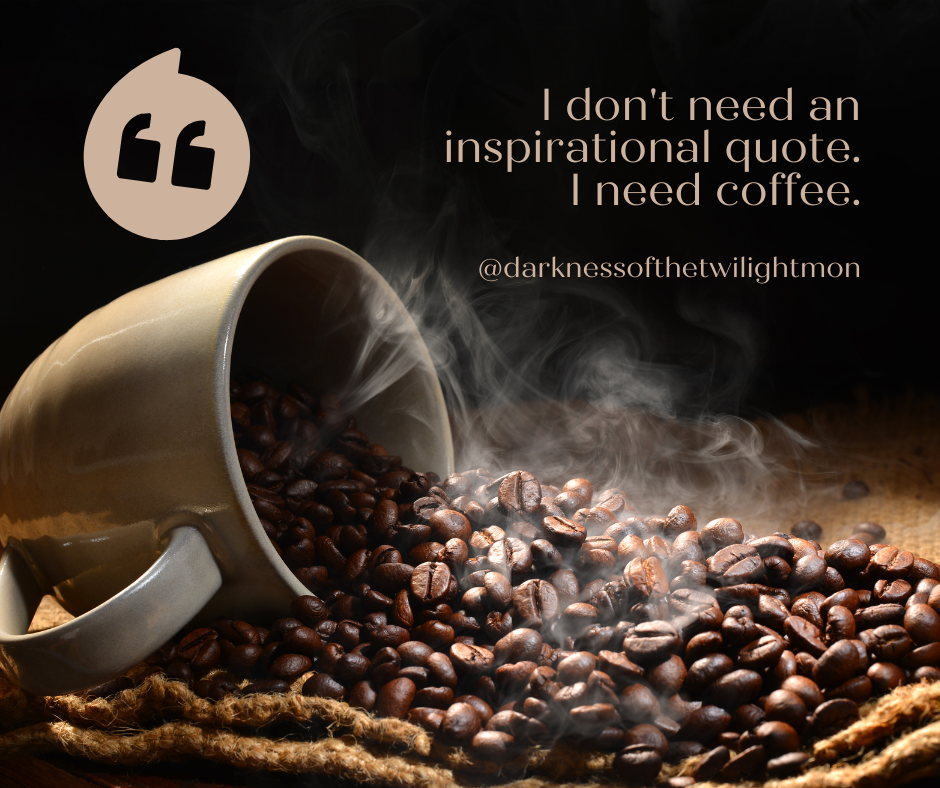
Coffee is one of the most popular beverages in the world, but it is also a subject of many misconceptions and myths.
Debunking the 10 Most Common Misconceptions and Myths about Coffee
Coffee is one of the most popular beverages in the world, but it is also a subject of many misconceptions and myths. In this post, we will address some common misconceptions about coffee and provide accurate information to dispel them.
Misconception #1: Coffee is dehydrating.
One of the most common myths about coffee is that it is dehydrating. While coffee is a diuretic, meaning it can increase urine output, it does not dehydrate you. In fact, coffee is made up of over 95% water, which helps to offset the diuretic effect. Additionally, studies have shown that moderate coffee consumption (up to 400mg of caffeine per day) does not cause dehydration in healthy individuals.
Misconception #2: Coffee stunts your growth.
Many people have heard the old adage that coffee stunts your growth. However, there is no scientific evidence to support this claim. While caffeine can temporarily decrease calcium absorption, this effect is small and does not impact bone growth or overall height.
Misconception #3: Dark roast coffee has more caffeine than light roast coffee.
Contrary to popular belief, the roasting process does not significantly impact the caffeine content of coffee. In fact, lighter roasts typically have slightly more caffeine than darker roasts because the longer roasting time can cause caffeine to break down. However, the difference in caffeine content between different roast levels is minimal and unlikely to be noticeable.
Misconception #4: Coffee causes heart disease.
While excessive caffeine consumption can cause heart palpitations and other symptoms, moderate coffee consumption has not been linked to an increased risk of heart disease. In fact, some studies have even suggested that moderate coffee consumption may be associated with a lower risk of heart disease.
Misconception #5: Decaf coffee is caffeine-free.
While decaf coffee does contain significantly less caffeine than regular coffee, it is not completely caffeine-free. Decaf coffee still contains small amounts of caffeine, typically around 2-5 milligrams per 8-ounce cup. However, this amount is much lower than the 95 milligrams found in a regular cup of coffee.
In conclusion, coffee is a complex beverage with many misconceptions and myths surrounding it. While some of these myths may have some basis in truth, it is important to separate fact from fiction when it comes to coffee. By understanding the science behind coffee, we can make informed decisions about how much to consume and what type of coffee to drink.
Coffee is the second most traded commodity in the world, just after oil. It's a staple of modern-day culture and one of the most beloved beverages on Earth. However, with its immense popularity come a lot of misconceptions and myths. Here are the top ten myths and misconceptions about coffee that you need to know about:
Myth #1: Coffee Stunts Your GrowthMany people have grown up hearing that drinking coffee will make them short. This myth has been around for generations, but there's no scientific evidence to back it up. The confusion may come from the fact that caffeine can interfere with the absorption of calcium, which is necessary for healthy bone growth. However, this would only be a problem if you're not getting enough calcium in your diet to begin with.
Myth #2: Coffee Causes DehydrationAnother common myth is that coffee is dehydrating. While it is true that coffee acts as a diuretic, meaning it causes your body to release more water than usual, it doesn't cause dehydration. The water in coffee more than makes up for the small amount of water lost.
Myth #3: Coffee is Highly AddictiveWhile caffeine is a stimulant and can be habit-forming, coffee is not highly addictive. In fact, studies have shown that kicking a coffee habit is relatively easy compared to other drugs, such as nicotine.
Myth #4: Coffee Causes InsomniaCaffeine can interfere with your body's natural sleep cycle, but consuming coffee in moderation shouldn't cause insomnia. However, if you're already prone to sleep problems, drinking coffee later in the day could exacerbate them.
Myth #5: Dark Roast Coffee is StrongerMany people believe that darker roast coffee has a stronger taste and more caffeine. However, this isn't true. The roasting process actually reduces the caffeine content of coffee, although darker roasts may have a stronger flavor because the beans are roasted for longer.
Myth #6: Coffee is Bad for Your HeartSome studies have linked coffee consumption to heart disease, but most of these studies have been observational and not well-controlled. Overall, the evidence suggests that moderate coffee consumption (3-4 cups per day) is not harmful to most people and may even have some health benefits.
Myth #7: Coffee is Only for the MorningMany people associate coffee with the morning and think that drinking it later in the day is only going to make them jittery and keep them up all night. However, as long as you're not consuming too much caffeine, there's no reason why you can't enjoy coffee at any time of day.
Myth #8: Coffee is a Dieter's EnemyWhile some high-calorie coffee drinks can be detrimental to weight loss efforts, black coffee is virtually calorie-free and can actually help you burn more calories by boosting your metabolism.
Myth #9: Coffee Makes You CrazyCoffee has been linked to mental health problems, such as anxiety and depression, but these effects are generally only seen in people who are genetically predisposed to these conditions. For most people, coffee can actually improve mood and cognitive function.
Myth #10: Decaf Coffee is Caffeine-FreeWhile decaf coffee does contain less caffeine than regular coffee, it's not completely caffeine-free. In fact, decaf coffee can still contain up to 15% of the caffeine found in a regular cup of coffee. If you're sensitive to caffeine, it's important to keep this in mind.